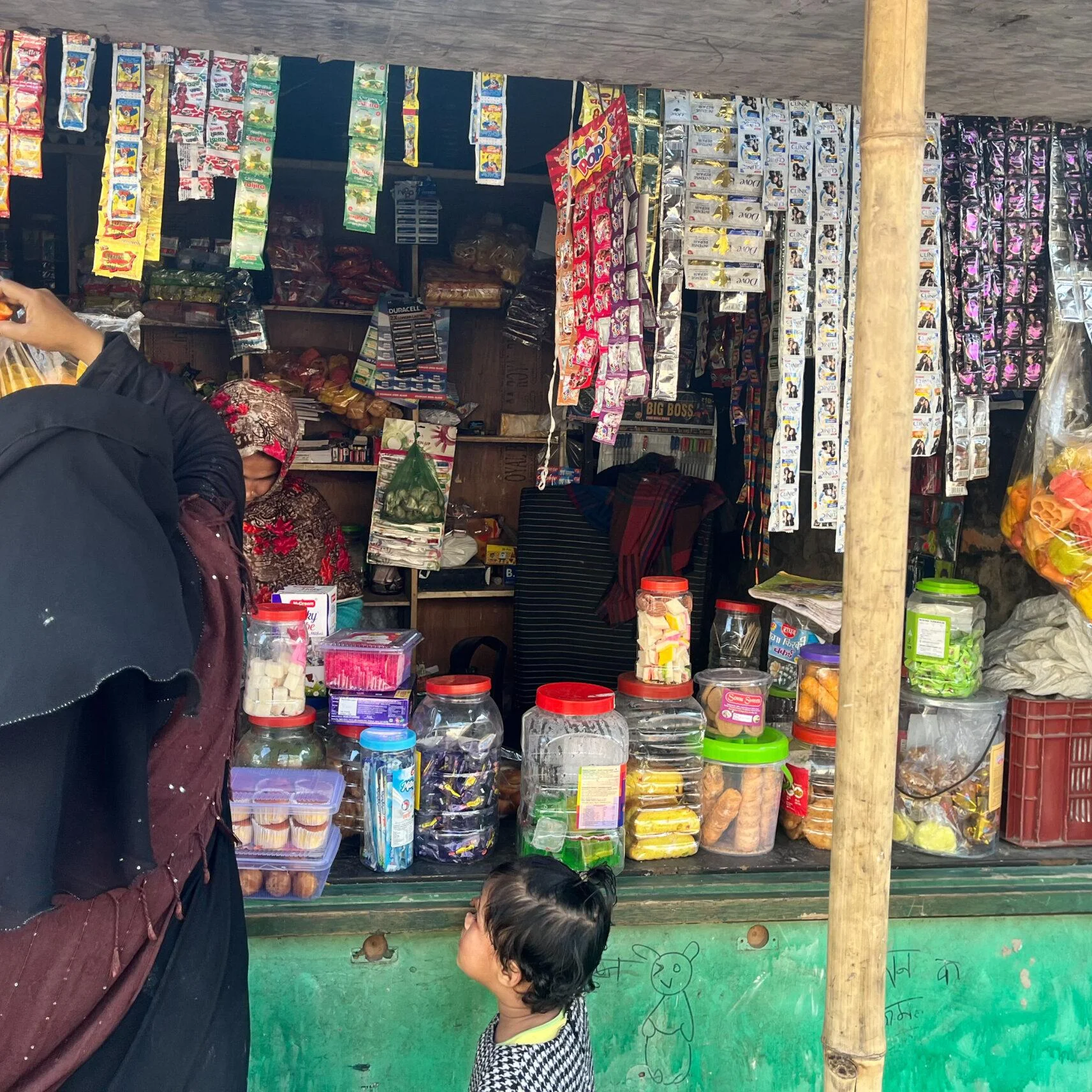The Delhi election campaign has shifted to focus on attacks against Rohingya refugees and other Muslim migrants instead of discussing city improvements. This change in focus, which uses anti-Muslim language, is especially harmful to families who have moved from Assam and West Bengal. These families are now experiencing increased police attention, with the Bharatiya Janata Party (BJP) claiming they are illegal immigrants from Bangladesh or Rohingya refugees. This political talk has created a great deal of fear and uncertainty among these communities who are just trying to find basic necessities.
These families are living in very difficult conditions, often without proper bathrooms or clean water. One woman from West Bengal, who did not want to give her name, said, “We are living in fear, not knowing where to go.” This statement highlights the growing panic within the community. Because of the hostile political climate, many people are now afraid to leave their homes. This limits their ability to get essential resources and find work. It appears that the BJP is using anti-immigrant feelings as a way to gain political support, which has led to more police checks and crackdowns in Delhi.
This situation is a worrying sign that the focus has moved from real problems to targeting vulnerable people. This raises important questions about whether the current political discussion is fair and inclusive for everyone. The campaign’s focus on the religious background of immigrants could cause long-term problems for how people get along in Delhi. A man from Assam said, “We came here for a better life, not to be targeted,” showing the impact this political language is having on individuals.
The use of anti-immigrant feelings in this election, especially against Rohingya refugees and other Muslim migrants, is a concerning trend in Delhi politics. The consequences of this type of campaign are serious, potentially causing greater divisions in society and making life harder for marginalized communities. This shift in political discourse also shows a move away from important local issues and needs of all Delhi citizens.
